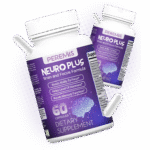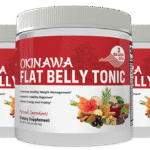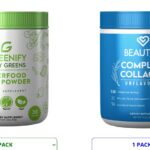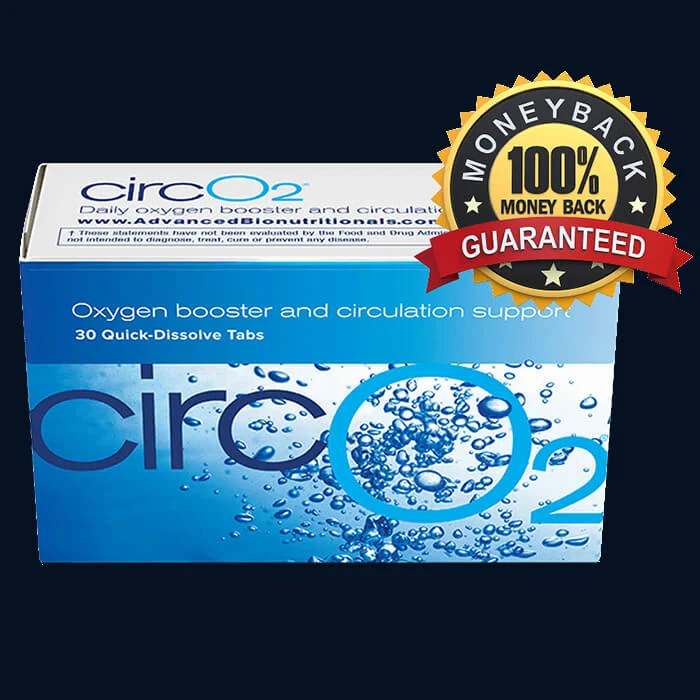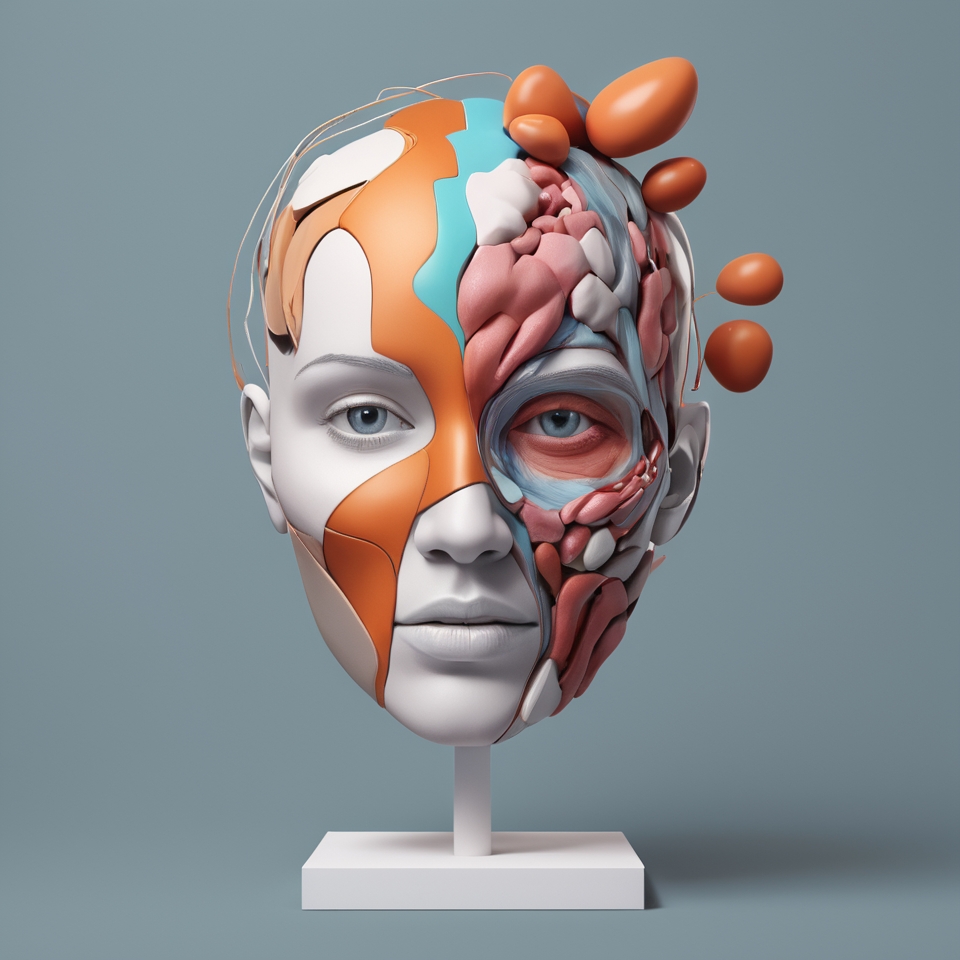Table of Contents
ToggleIntroduction
Why Clean Water and Air Matter
Let’s be real—without clean water and air, we don’t stand a chance. These are the most basic, non-negotiable resources for our survival. But it’s not just about staying alive—it’s about living well. When these two elements are pure, our bodies thrive. When they’re polluted, we suffer—quietly, slowly, and sometimes permanently.
An Overview of Global Challenges
You might think that clean water and air are readily available. But more than 2 billion people globally still lack access to safe drinking water. And with increasing urbanization, air pollution is reaching alarming levels—even indoors! So, what’s at stake? Everything from our lungs to our longevity.
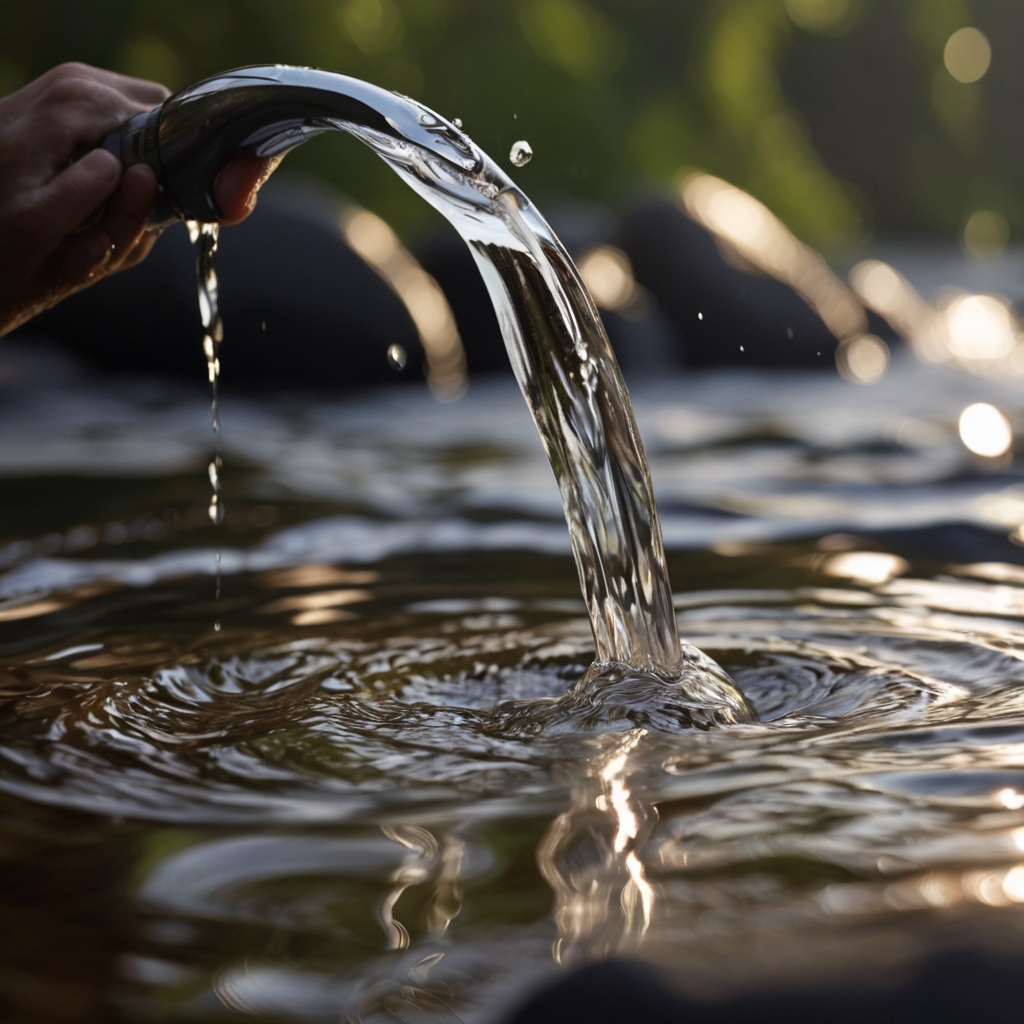
The Link Between Clean Resources and Good Health
How the Body Reacts to Pollutants
Think of your body like an engine. Feed it dirty fuel, and it sputters and breaks down. Polluted air fills your lungs with toxins. Contaminated water brings harmful microbes into your gut. Over time, this wears you down—physically and mentally.
Why Clean Inputs = Healthy Outputs
Clean air and water aren’t luxury items. They’re the starting line for everything your body does—breathing, thinking, digesting, even healing. When what you take in is pure, your body works better. Period.
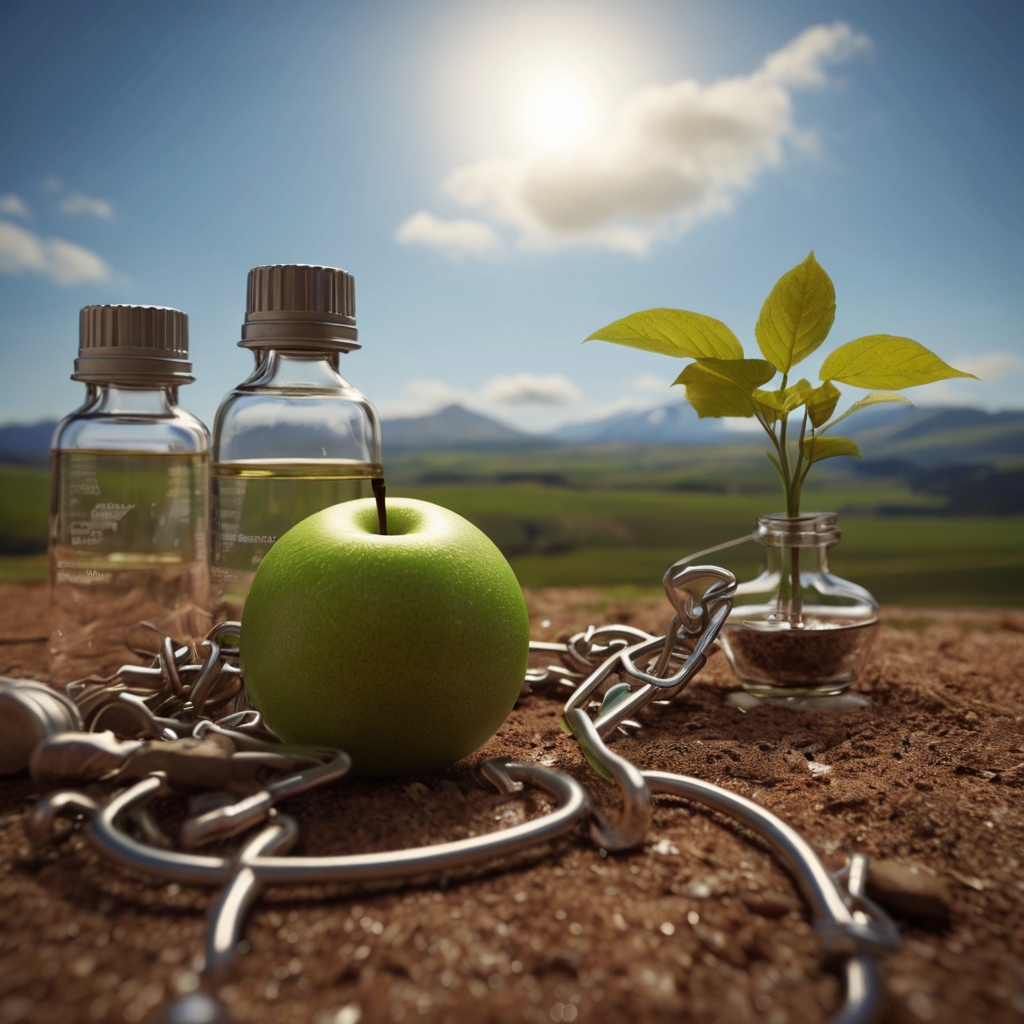
Health Benefit #1: Boosts Immune System
Clean Water Keeps Toxins Out
Water flushes out waste and harmful substances from your body. But if the water itself is dirty? You’re just replacing one toxin with another. Clean, filtered water helps your immune system focus on real threats—not fight the water you drink.
Fresh Air Enhances Oxygen Flow
Clean air means more oxygen-rich blood reaching your organs. This energizes your immune cells, helping you fend off infections faster and recover quicker.

Health Benefit #2: Improves Respiratory Health
Effects of Polluted Air on Lungs
Inhaling polluted air is like smoking without the cigarette. It clogs your lungs with particulates, aggravates asthma, and can even lead to lung cancer. Children and elderly folks are especially vulnerable.
Breathing Clean Air Reduces Asthma and Allergies
On the flip side, breathing fresh, clean air gives your lungs a break. It reduces the inflammation and irritation that cause wheezing, coughing, and tight chests. It’s a literal breath of fresh air for your respiratory system.

Health Benefit #3: Enhances Mental Clarity and Mood
Oxygen’s Role in Brain Function
Your brain runs on oxygen. Without a steady supply, you feel foggy, forgetful, and fatigued. Clean air improves focus, mood, and alertness. Ever notice how your thoughts feel clearer after a walk in the park? That’s not a coincidence.
Hydration and Cognitive Performance
Even mild dehydration can tank your concentration and memory. Drinking clean water consistently keeps your brain hydrated and functioning at its peak.

Health Benefit #4: Supports Digestive Health
Clean Water Aids Digestion and Nutrient Absorption
Your gut needs water to break down food, move nutrients around, and eliminate waste. Clean water ensures this process isn’t interrupted by harmful bacteria or chemicals.
Dirty Water’s Dangerous Bacteria
Contaminated water often carries parasites and pathogens that can cause stomach cramps, vomiting, and worse. In severe cases, it can lead to chronic conditions or death. No thanks.
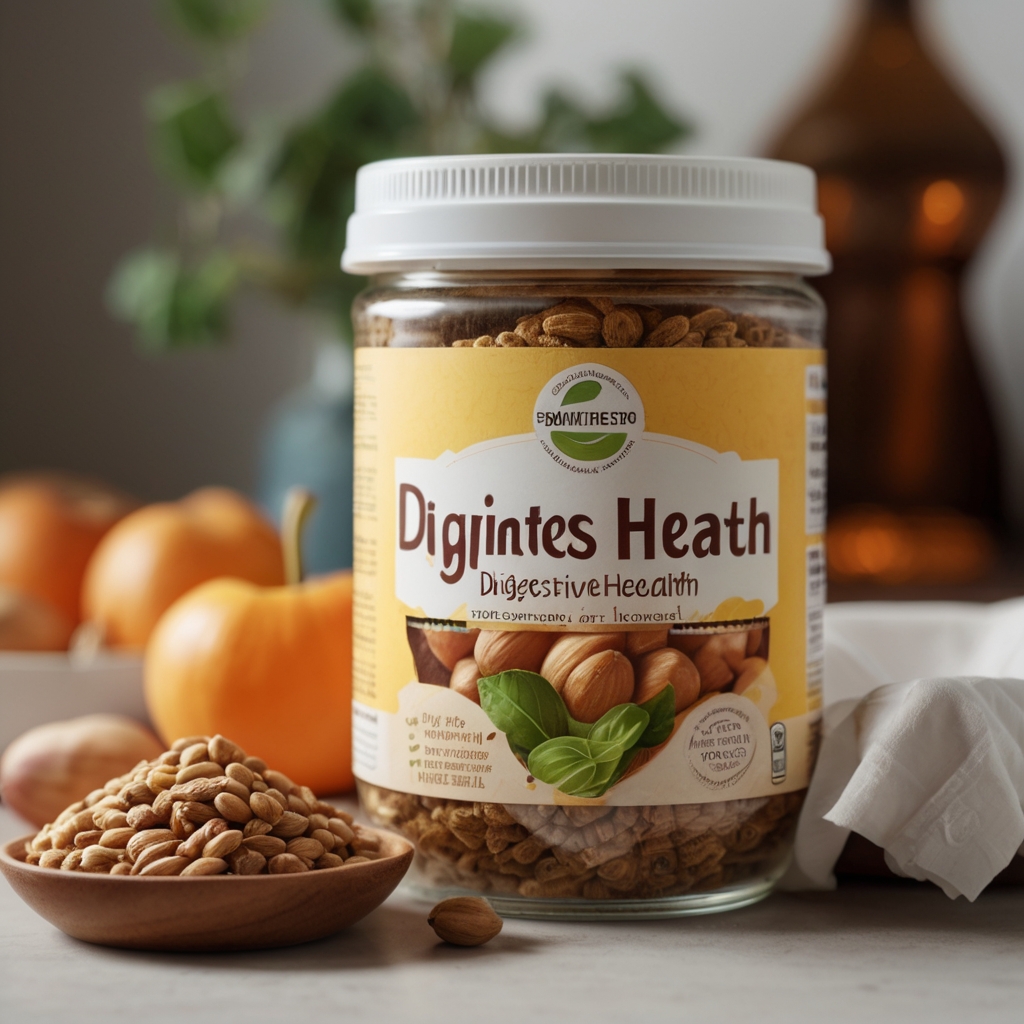
Health Benefit #5: Promotes Clear and Healthy Skin
Clean Water for Skin Detox
Your skin is your largest organ, and it reflects what’s going on inside your body. Staying well-hydrated with clean water helps flush toxins and keeps your skin soft, supple, and glowing.
Pollution’s Impact on Skin Aging
Air pollution speeds up aging by damaging skin cells and reducing collagen. Clean air reduces oxidative stress and helps you maintain that youthful bounce.

Health Benefit #6: Reduces Risk of Chronic Diseases
Water Purity and Kidney Function
Your kidneys filter your blood and regulate fluid balance. Clean water supports their job. Contaminated water, on the other hand, can stress the kidneys, increasing the risk of stones or failure.
Clean Air and Cardiovascular Health
Breathing in pollutants makes your heart work harder. Long-term exposure increases risks for heart attacks, hypertension, and strokes. Clean air literally helps your heart beat easier.

Health Benefit #7: Encourages Physical Activity
Fresh Air Motivates Outdoor Movement
Who wants to go for a jog when the air smells like car exhaust? Clean air invites you outside to walk, run, or just breathe deeply. It inspires movement and reduces fatigue.
Clean Hydration Fuels Exercise
Your muscles need hydration to function, recover, and grow. Clean water powers you through your workouts and helps avoid cramps, dizziness, or dehydration.

The Dangers of Dirty Water and Polluted Air
Contaminants to Watch Out For
From lead and arsenic in water to carbon monoxide and PM2.5 in air, these invisible threats can silently cause major health damage. Children, pregnant women, and the elderly face the highest risks.
Global Statistics and Shocking Facts
According to the WHO:
-
1 in 3 people globally lacks access to safe drinking water.
-
7 million deaths annually are linked to air pollution.
Sobering, right?

What You Can Do to Access Clean Water and Air
Home Filtration and Air Purifiers
Invest in a good water filter and air purifier. It’s a small cost compared to the long-term health benefits. Also, test your tap water and air quality regularly.
Lifestyle and Community Advocacy
Choose eco-friendly products, reduce car usage, and plant trees. Get involved in local clean-air and clean-water campaigns. Change begins at home—but it doesn’t end there.
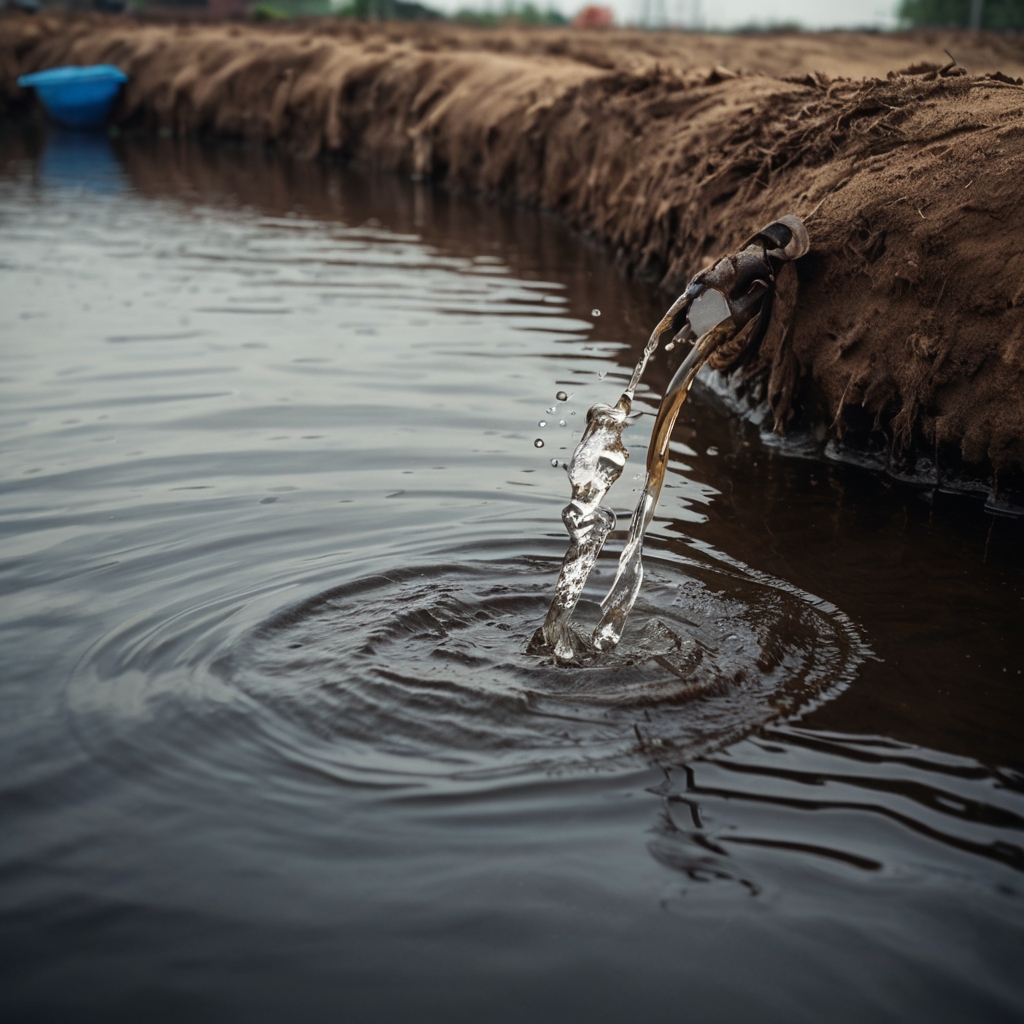
Future Outlook: A Cleaner, Healthier Planet
Role of Innovation and Technology
From solar-powered water purifiers to carbon-capture air systems, technology is catching up. Supporting and adopting these innovations can lead to major breakthroughs.
How Individuals Can Drive Change
Your choices—what you drink, how you travel, where you shop—they matter. Spread awareness, vote with your wallet, and demand cleaner infrastructure. Together, we can breathe easier.

Conclusion
Clean water and air aren’t just basic needs—they’re powerful health boosters. From stronger immunity to sharper minds and healthier skin, the benefits are endless. In a world facing climate and pollution challenges, protecting these resources is not just wise—it’s essential. Start small, think big, and always stay informed. Your health depends on it.
FAQs
Q1: What diseases are caused by dirty water?
Contaminated water can cause cholera, dysentery, typhoid, and hepatitis A. Long-term exposure may also contribute to cancer and developmental disorders.
Q2: How can I test my air quality at home?
Use an air quality monitor or check online tools like AirVisual or your local environmental agency’s website.
Q3: Is bottled water always cleaner than tap water?
Not necessarily. Tap water in many areas is more regulated than bottled water. Always check sources and test for contaminants.
Q4: Can plants improve indoor air quality?
Yes! Plants like spider plants, snake plants, and peace lilies can naturally filter toxins and boost oxygen indoors.
Q5: How much water should I drink daily for optimal health?
A good rule of thumb is 8–10 cups per day, but it depends on your activity level, body size, and climate.
Nitric Oxide Levels Jump 200% Higher In Just 20 Minutes
Boosts your energy… sharpens memory… increases stamina…enhances sexual performance…and helps lower blood pressure
Click here for more info……

